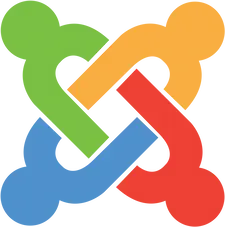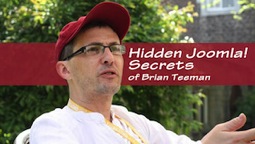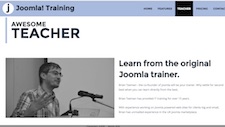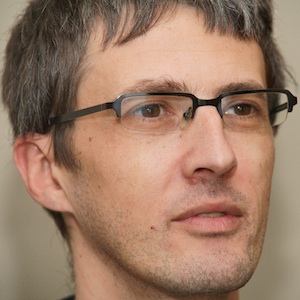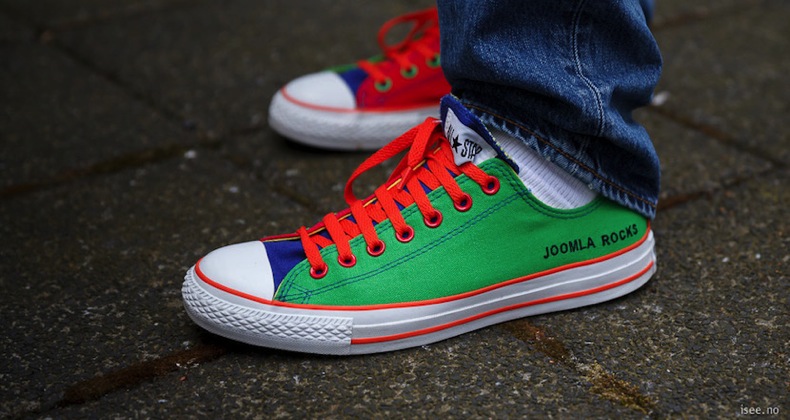There is nothing new about Open Source. We might like to think that it is a concept introduced in the last 50 years but in fact the origins of sharing knowledge date back to some of the oldest recordings of written works.
Doing some reading recently I came across the following text translated from a compilation of the ethical teachings and maxims (Pirkei Avot) of the Rabbis (jewish teachers) written down almost 2000 years ago.
Free-culture and open source licensing does not do away with proprietary ownership of others. Rather, it declares the intention of an owner to share. Rabbinic teaching might describe this as a righteous act. The righteous are described as giving without demanding of others, while the wicked are proprietary, per the following formulation:
There are four types among people:
One who says, "What is mine is mine and what is yours is yours" : this is the common type, though some say that this is the type of Sodom.
One who says, "What is mine is yours and what is yours is mine" : this is an ignorant person.
One who says, "What is mine is yours and what is yours is yours" : this is a righteous person.
And one who says, "What is yours is mine, and what is mine is mine" : this is a wicked person.
(Extracted from “Open Source in Judaism from the Sources” by Aharon Varady, the Open Siddur Project, and the Sefaria Project with a Creative Commons Attribution-Share Alike (4.0 International) license)


